When the circus came to town; Seattle in 1912.
The Sells Floto circus was part of Seattle's second annual Golden Potlatch celebration
from: seattletimes.com
By Paul Dorpat, Special to The Seattle Times
January 25, 2013

COURTESY OF GRACE MCADAMS
THEN: Thanks to Seattle Public Library's Seattle Room librarian Jeannette Voiland for encouraging me to treat this Pioneer Square parade scene as part of the 1912 Golden Potlatch Parade. I'm convinced.
JEAN SHERRARD
When the circus came to town; Seattle in 1912.
NOW: Both the elegant Maynard Building at the corner of Washington Street and First Avenue, and Hotel Northern, its neighbor, were built after the city's Great Fire of 1889. Both survive in Jean Sherrard's repeat.
THIS IS ONE OF three snapshots of a circus parade that Max Loudon, a sportsman-grocer with a knack for photography, recorded at this Pioneer Square corner and included in his photo album a century ago. The others are of a horse and a camel, both with costumed riders. For this recording at First Avenue and Washington Street, Loudon did not need to travel far. He worked in the neighborhood.
We are confident that more than one elephant is rounding the corner here because Loudon also photographed the parade closer to its origins in Seattle's freshly graded Denny Regrade neighborhood. The new streets there were hardly developed, and therefore free for the parade and temporary bleachers. One of the other parade photographs shows more pachyderms, six in a row — and there may have been more. All are crowned with tenders dressed like this one, and musically accompanied, we know from the news coverage, by a "steaming head-splitting calliope."
The Sells Floto circus was part of Seattle's second annual Golden Potlatch celebration
from: seattletimes.com
By Paul Dorpat, Special to The Seattle Times
January 25, 2013

COURTESY OF GRACE MCADAMS
THEN: Thanks to Seattle Public Library's Seattle Room librarian Jeannette Voiland for encouraging me to treat this Pioneer Square parade scene as part of the 1912 Golden Potlatch Parade. I'm convinced.
JEAN SHERRARD
When the circus came to town; Seattle in 1912.
NOW: Both the elegant Maynard Building at the corner of Washington Street and First Avenue, and Hotel Northern, its neighbor, were built after the city's Great Fire of 1889. Both survive in Jean Sherrard's repeat.
THIS IS ONE OF three snapshots of a circus parade that Max Loudon, a sportsman-grocer with a knack for photography, recorded at this Pioneer Square corner and included in his photo album a century ago. The others are of a horse and a camel, both with costumed riders. For this recording at First Avenue and Washington Street, Loudon did not need to travel far. He worked in the neighborhood.
We are confident that more than one elephant is rounding the corner here because Loudon also photographed the parade closer to its origins in Seattle's freshly graded Denny Regrade neighborhood. The new streets there were hardly developed, and therefore free for the parade and temporary bleachers. One of the other parade photographs shows more pachyderms, six in a row — and there may have been more. All are crowned with tenders dressed like this one, and musically accompanied, we know from the news coverage, by a "steaming head-splitting calliope."

JEAN SHERRARD
NOW: Both the elegant Maynard Building at the corner of Washington Street and First Avenue, and Hotel Northern, its neighbor, were built after the city's Great Fire of 1889. Both survive in Jean Sherrard's repeat.
A century ago — and long after — the Sells Floto Circus was famous for its Big Top shows with scores of exotic animals and its primary means of promotion — these parades. In 1909, the Denver-based Sells Floto cut its ticket prices in half to a mere two bits (25 cents), a move that filled its tents with happy customers and its competitors with rage.
This year, 1912, the circus was part of Seattle's second annual Golden Potlatch celebration. The circus performed matinee and evening shows for two of the Potlatch's eight days, and in the mornings of both it paraded down First Avenue from Belltown and back on Second Avenue. Loudon took his circus shots on either July 15 or 16, 1912, or perhaps both.
read more:
http://seattletimes.com/html/pacificnw/2020148823_pacificpdorp27.html


























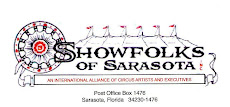
















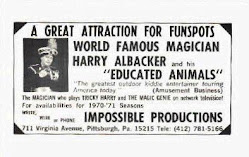

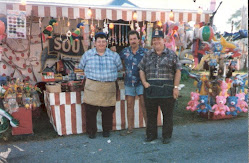




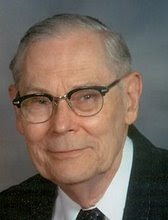
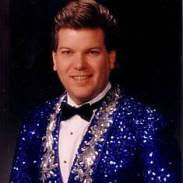




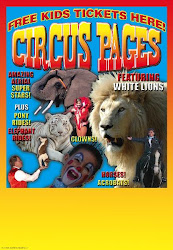

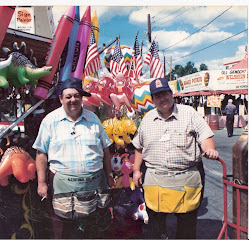
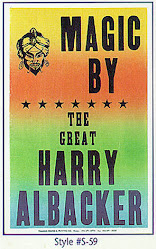











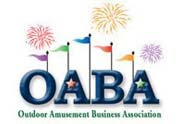



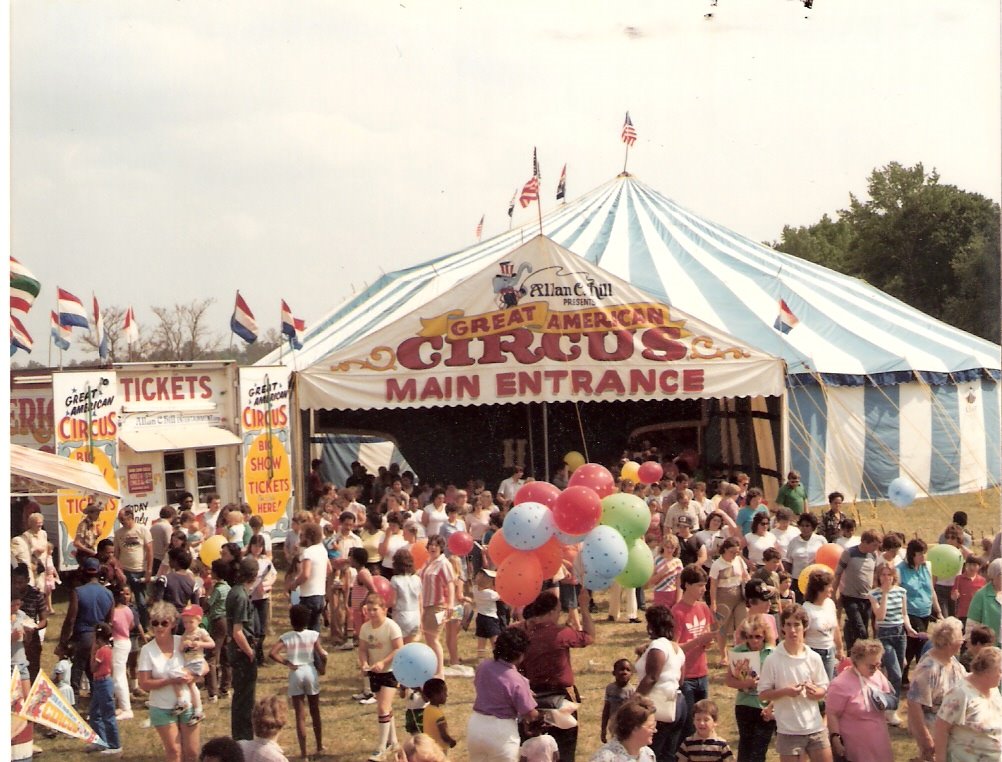









No comments:
Post a Comment